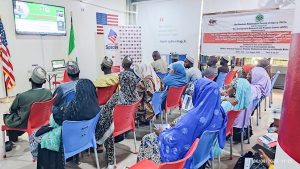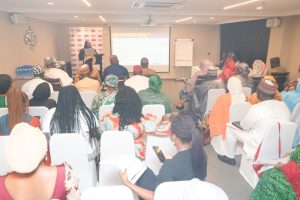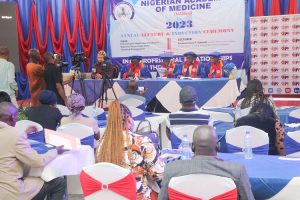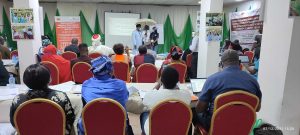
The development Research and Projects Centre (dRPC) is registered intermediary non-profit organization established with a mission of strengthening the capacity (organizational and technical capacity) of civil society organizations to design and implement transformative and sustainable development interventions which engage government and address felt needs of the vulnerable and excluded such as women and girls.












